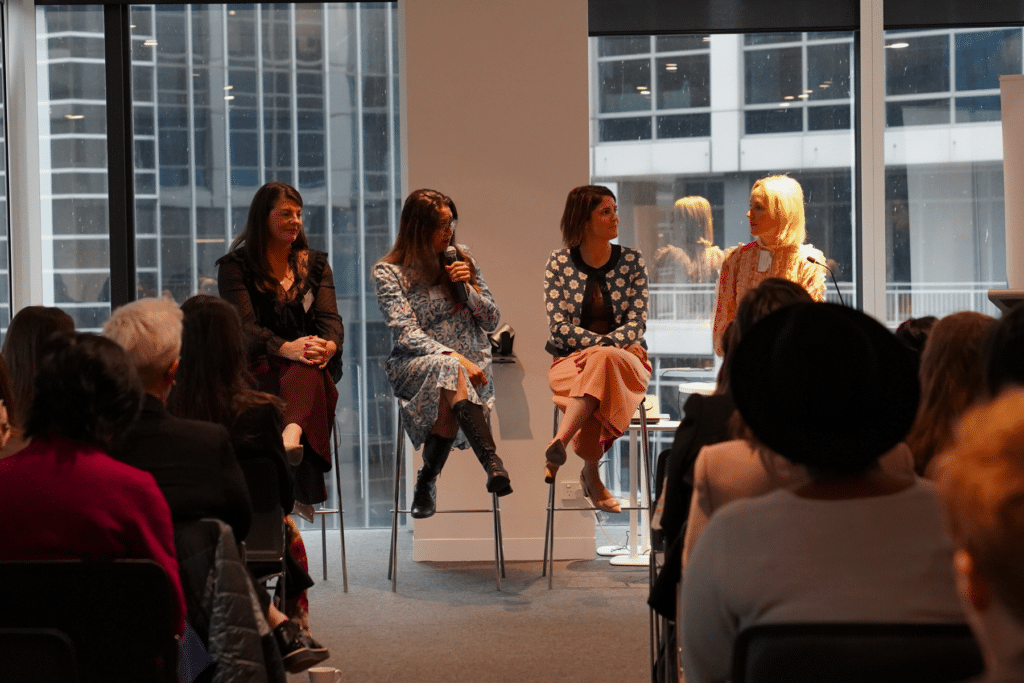Assistant Minister for Health and Aged Care Ged Kearney reflects on her own cousin’s story as a catalyst that changed her perspective altogether on women’s health.
Kearney says it all began when her cousin went to the emergency department at a hospital in Melbourne with numbness and tingling from her waist down.
“She was very distressed, a single lady– I think she was about my age, so 60– she was very distressed, but doctors completely dismissed her symptoms. Pretty much with an eye roll. They gave her panadol, sent her home, said it could be myalgia, it could be this, but go and see your GP,” said Kearney, speaking at a Women’s Health Week event, hosted last week by Women’s Agenda, in Melbourne.
“Later that night, she died from a ruptured aortic aneurysm. She was, as I said, only 60 years old.”
“I just can’t help thinking– and I have no research to prove this– if a 60-year-old man in a suit and tie walked into the ED, said he was suffering with numbness and tingling from the waist down— I just can’t help thinking it would have been a different reaction.” she said.
From misdiagnosis, being diagnosed too late, being over medicated, having symptoms dismissed and a lack of research into women’s health– Kearney says she has seen firsthand the difficulties that women face getting their health care needs met.
“Research shows that this inherent bias leads to significant disadvantages for women compared with men,” she says.

Women’s Health Panel
Employers
On a further women’s health panel at the event, Managing Director of Organon ANZ, Nirelle Tolstoshev touched on the role that employers face in this health gender disparity, noting that Organon, as a multinational healthcare company, is taking a lead on the issue with progressive policies like offering a payment of $3000 for employees to access reproductive technologies and treatment.
“It’s a responsibility on employers to create a setting for all employees to thrive,” said Tolstoshev. “So, that takes inclusive progressive policies. It takes companies to continually self audit their own policies, check in with other peer companies and third party reference points from everywhere to make sure that policies are as progressive as possible.”
Diversity
Also speaking at the women’s health event was clinical director of obstetrics and gynaecology, Peninsula Health in Melbourne Dr Nisha Khot, who noted that diversity is the key for an organisation to be successful.
“I’ve always said that if you are not at the table, you’re on the menu. And so when you sit down at a table, look around and see who’s not at that table, because that’s who’s on your menu,” she said.
“Someone who has never had a particular experience cannot come up with a solution for that particular experience.”

Miscarriage
Co-founder & CEO of The Pink Elephant Support Network, Samantha Payne uses her personal experience with grief and miscarriage through her work at the not-for-profit helping others impacted by early pregnancy loss.
“When my babies died, I grieved,” said Payne. “I deserved bereavement leave.”
“Miscarriage is grief because, for too long, women have suffered in silence.”
Having created a support network for those experiencing this grief, Payne explains that, “when you’re told your experience is not worthy of support or this does not matter, you isolate yourself,” and The Pink Elephant Support Network addresses this.

Climate Change
Also impacting women’s health and their children’s health is the climate change crisis, which Dr Samantha Mooney, an Obstetrician & Gynaecologist, Fertility Specialist at Genea Fertility views as a women’s health crisis.
“If you view it as a health crisis and a health crisis for women, it can’t be ignored,” said Dr Mooney.
“And climate change denouncers. They can’t ignore [the] numbers. Pollution and climate change– It’s bad for us. Bad for our eggs. It’s bad for sperm,” she said, adding that the conversation around women’s health needs to include everyone– men and women.


